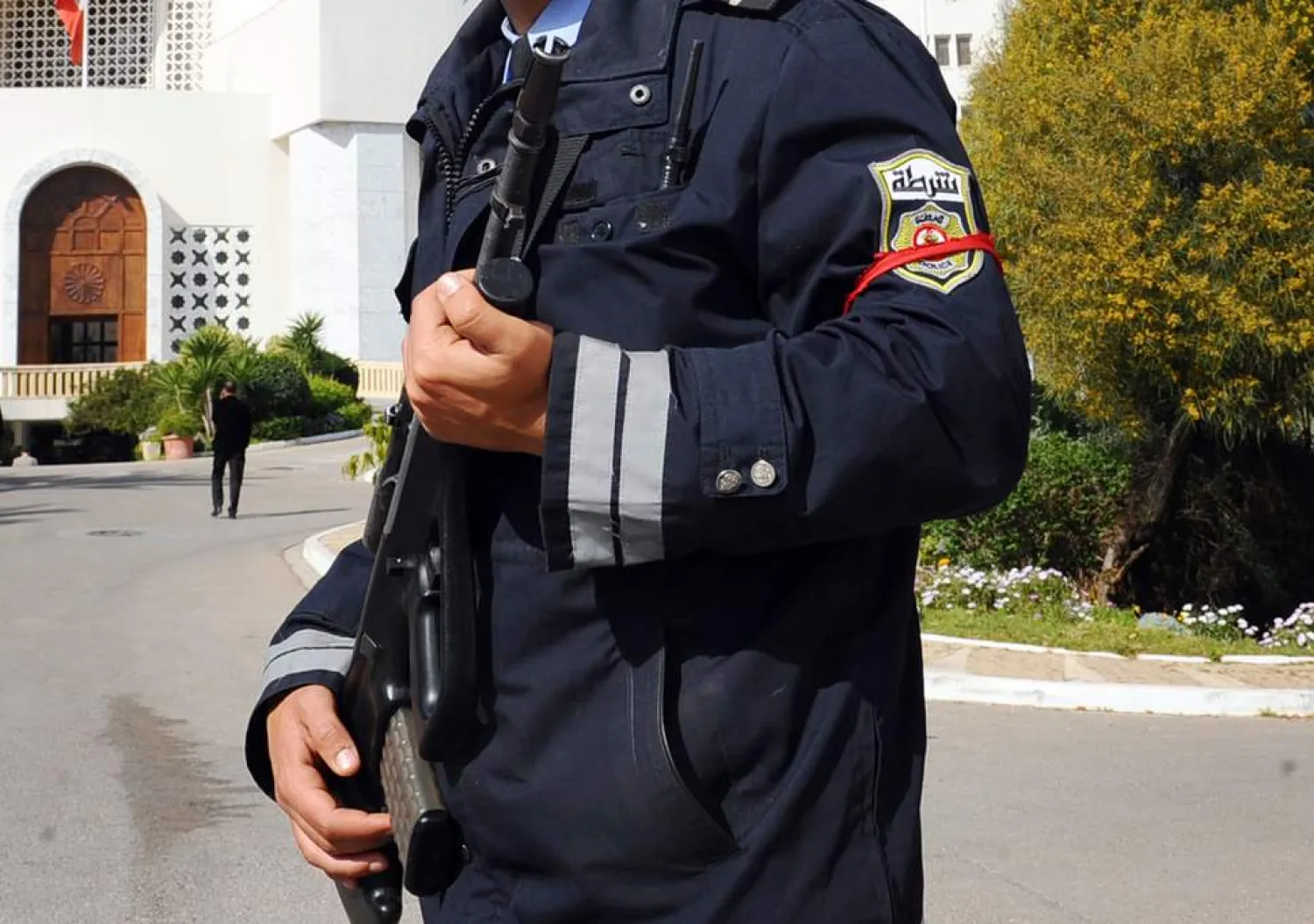An investigative judge at the Sidi Bouzid primary court in Tunis sentenced four suspects to prison in the case of the religious school near al-Riqab town.
The Quran-teaching school was shut down after its administrators were accused of being involved in “promoting extremism and human trafficking.”
The arrest included the owner of the school, who was charged of human trafficking and having an unregistered marriage. The judiciary also issued an arrest warrant for the woman he married, as well one of this illegal institution’s workers for assaulting a child under the age of 16.
The school was allegedly founded as a shelter for some children and adults who were mistreated and economically abused, but authorities issued an order to shut it down in 2015.
Recent security and judicial investigations revealed that the bank account of the school owner includes at least $630,000.
Tunisian security sources pointed out that a number of supervisors of this school belong to the so-called “Dawa w Tabligh” movement.
In the same context, the National Committee against Trafficking in Persons (NCTIP), a government body, described the "horrifying" conditions children of the religious school were subject to.
The German news agency (DPA) reported
The Committee revealed during a press conference in Tunis that the children were forced to wear Afghan cloaks and could barely walk with one of them. One of them also had a dislocated shoulder, while others were physically assaulted, reported the German news agency (DPA).
NCTIP described the school as a recruitment "barracks" for militants.
Head of the Committee, Rawda Labidi told DPA that “it is clear that the children were being exploited.”
Some 42 children between 10 and 18 years old, and 27 adults aged 18 to 35 years old, were residing in the same place under conditions that do not meet the minimum standard of hygiene or safety.
Labidi also stated that they were being used for agriculture, construction and cleaning.
“They are unaware of the concept of time and place. They live in bad conditions. The situation is frightening and terrible... The school is a barracks. It has no education programs and does not teach anything.”
Prime Minister Youssef Chahed relieved the governor of Sidi Bouzid and local official of Riqab from their duties for their "indifference" towards the school.
Three security officials in Sidi Bouzid were also detained for their refusal to implement the law and shut down the Quranic school since 2015.









